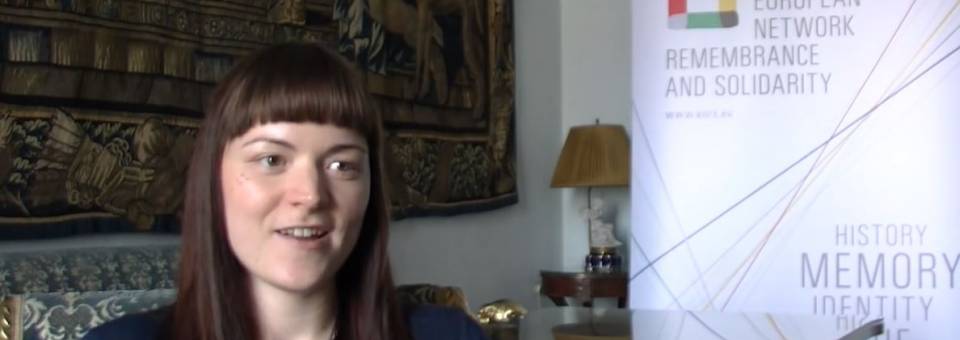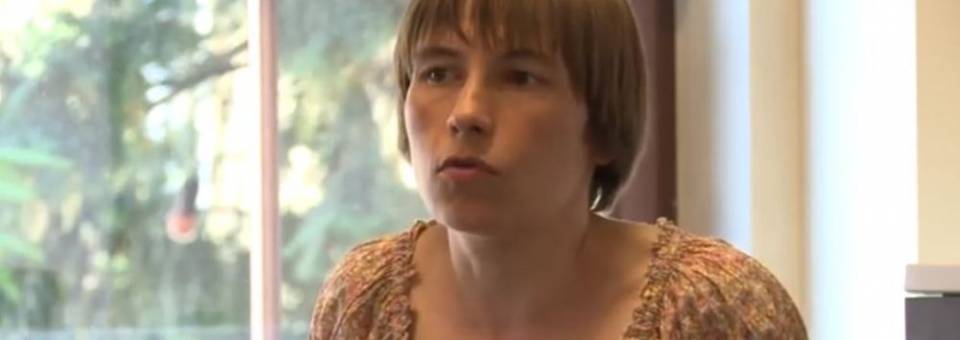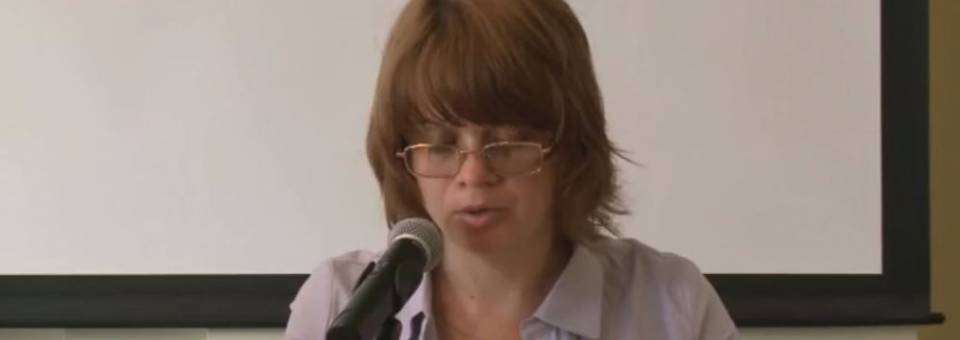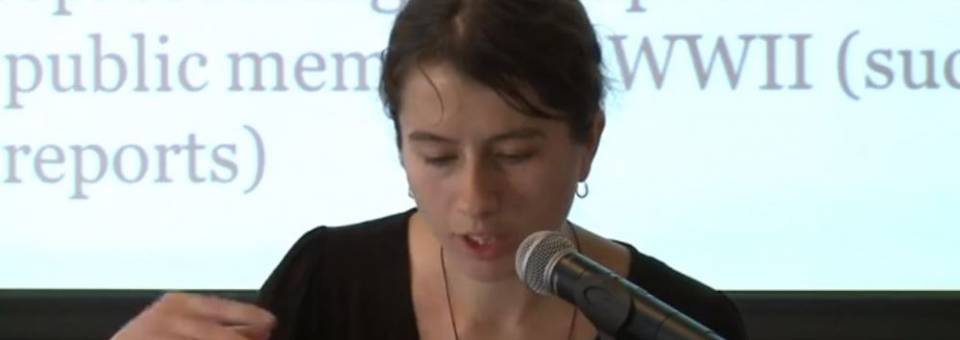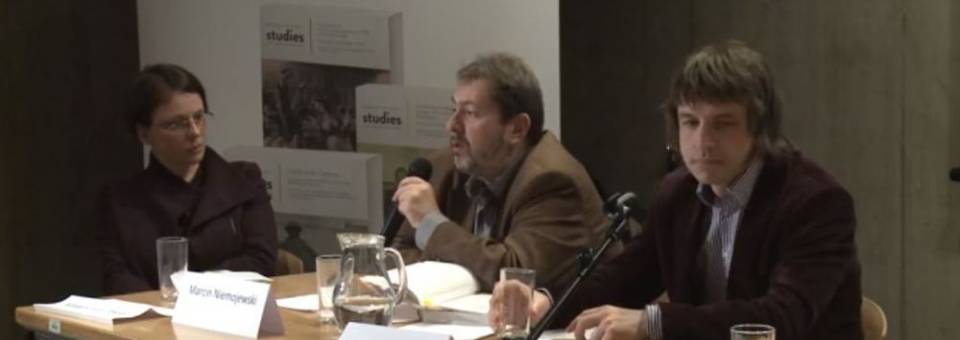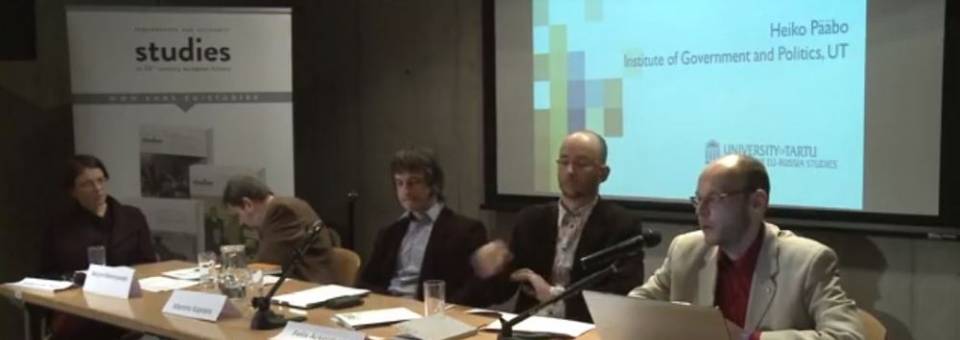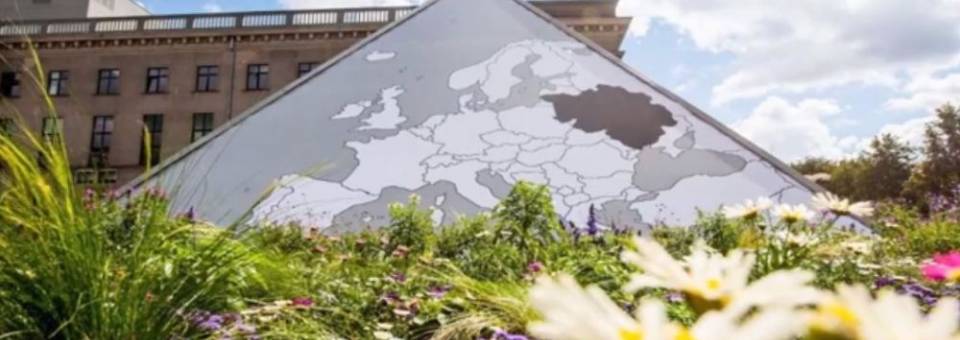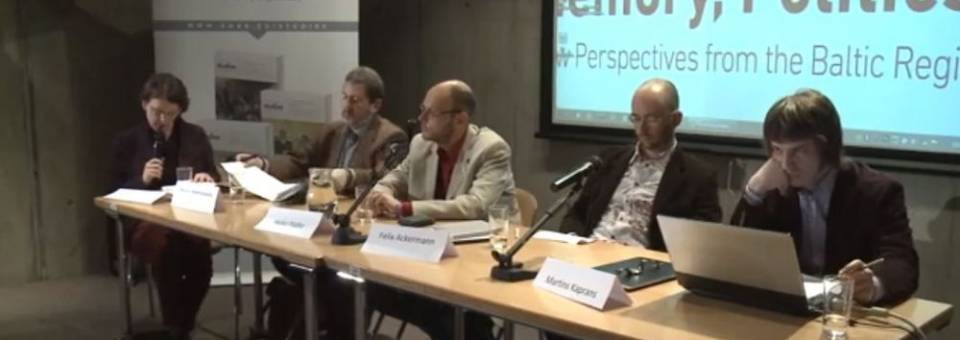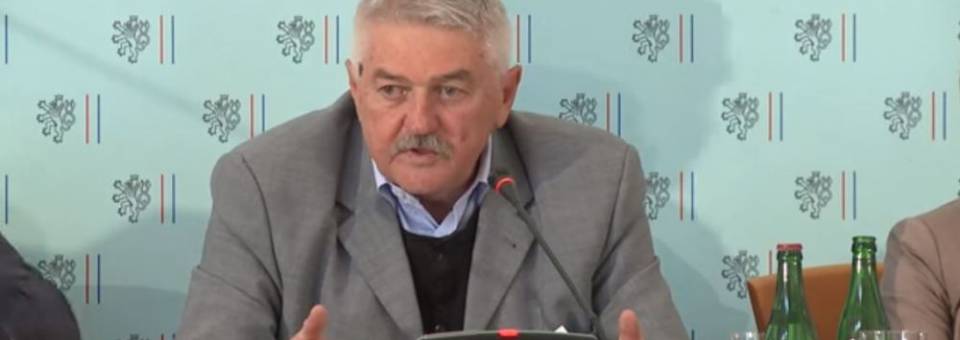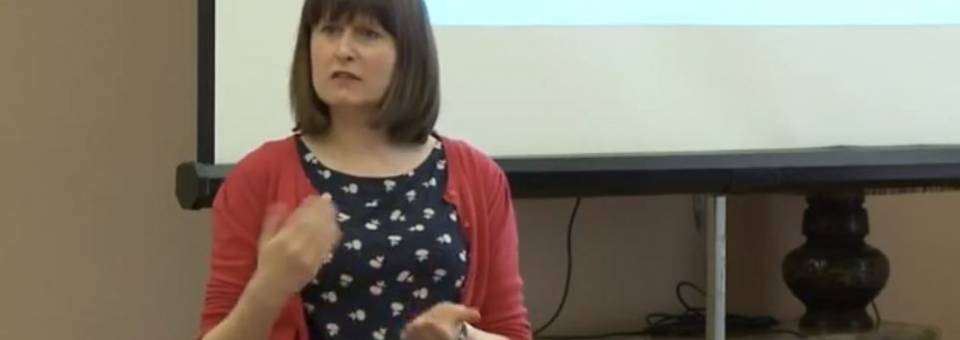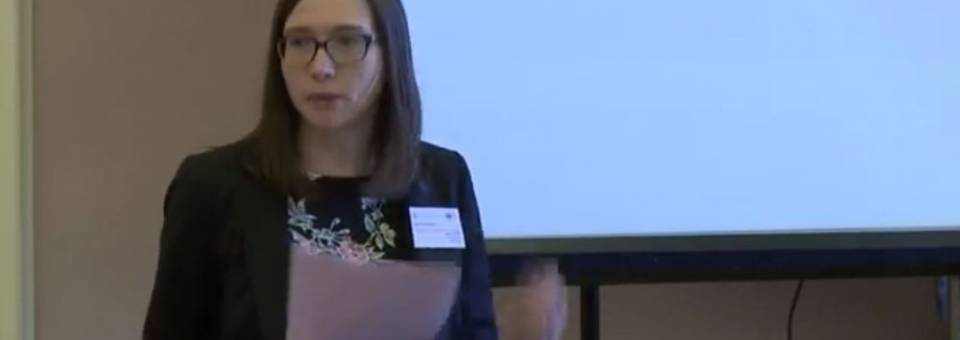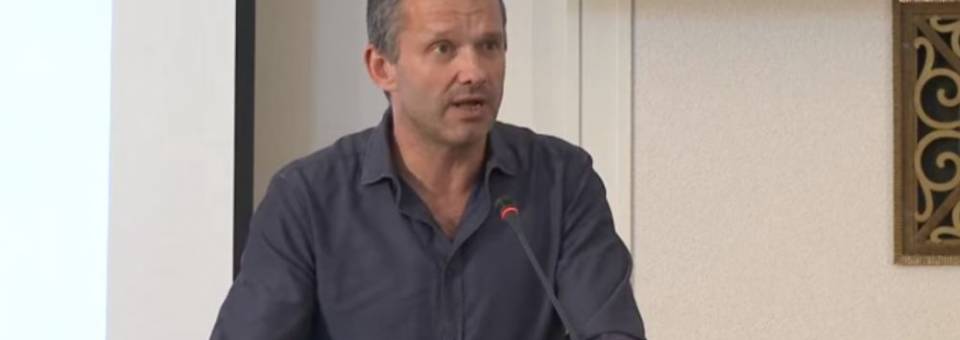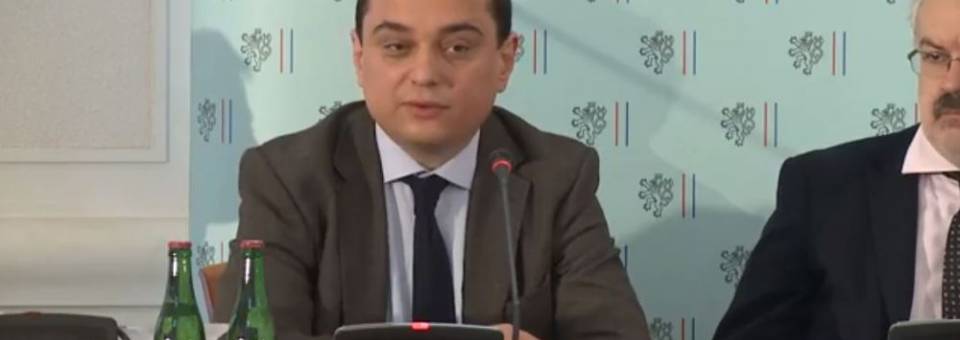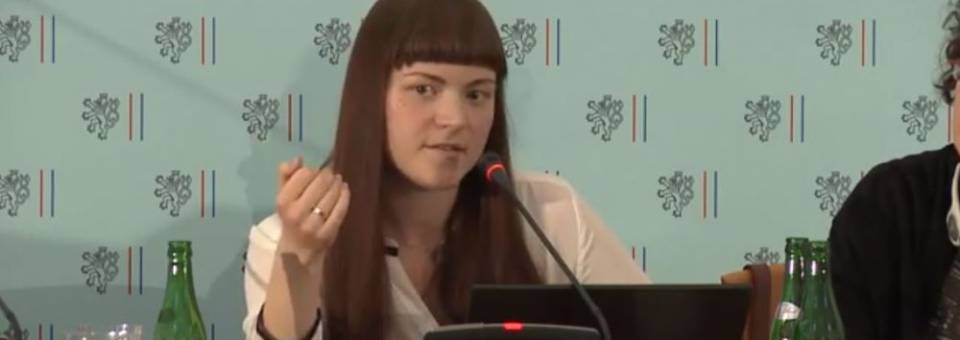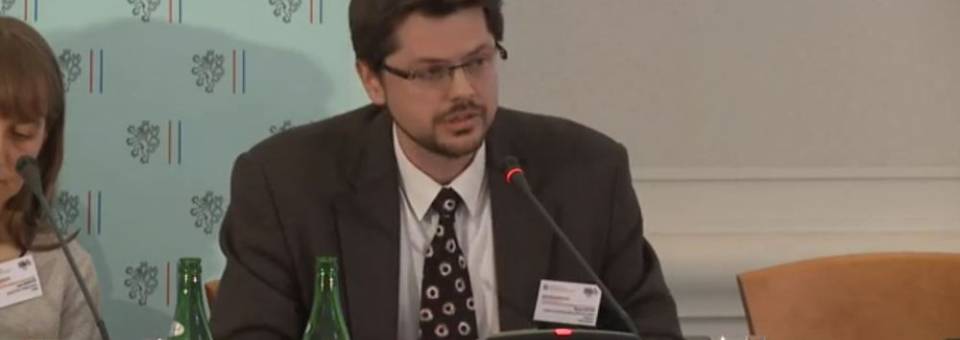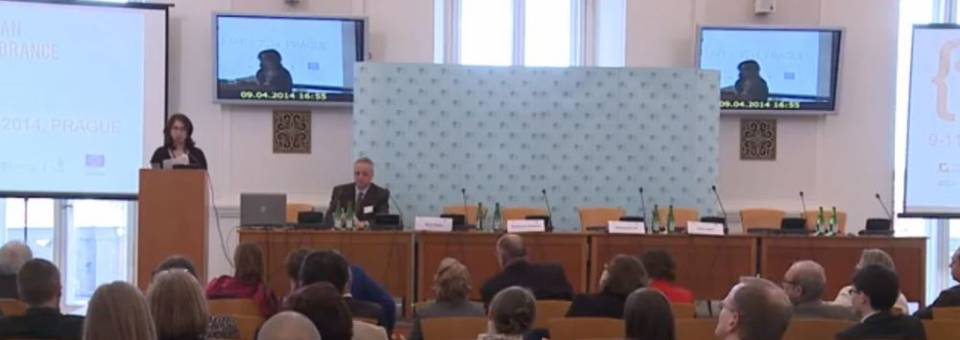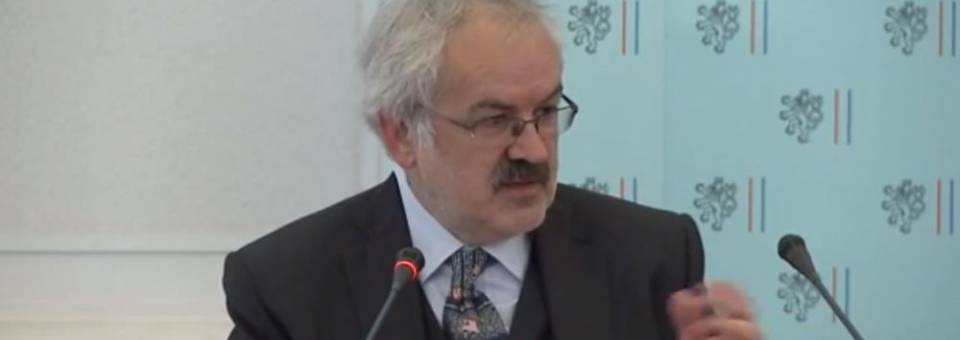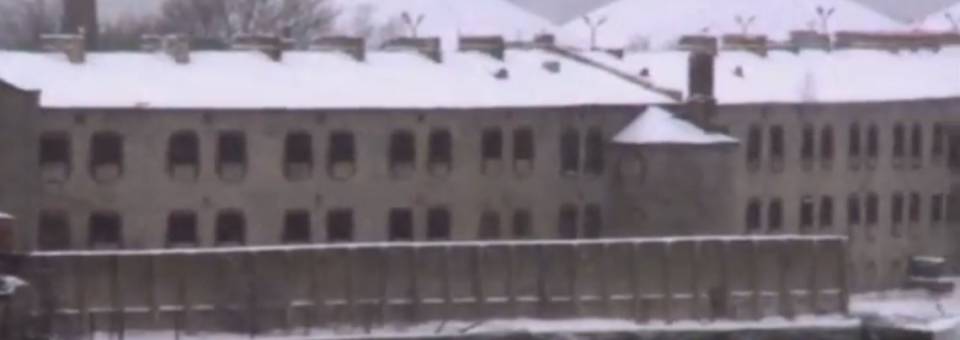Official opening of the European Remembrance Symposium in Prague, 2014. The guests were welcome dby Dr. Oldřich Tůma, Director of the Institute of Contemporary History, Academy of Science of the Czech Republic, Małgorzata Omilanowska, State Secretary, Ministry of Culture and National Heritage of Poland, Jiří Drahoš, Chairman of the Academy of Sciences of the Czech Republic, Sophie Beernaerts, Head of Unit, Europe for Citizens Programme, European Commission, Jan Rydel, Chairman of ENRS Steering Committee.
Year 2014 marked the round anniversaries of some of the most important turning points in European history: 100th anniversary of the Great World War, 75th anniversary of the outbreak of World War II, 25th anniversary of 1989, and last but not least 10th anniversary of the enlargement of the European Union to include former communist bloc countries. Thus, the theme of the European Remembrance Symposium 2014 was: 'Europe between War and Peace 1914-2004. Turning Points in 20th Century European History'.
The goal of European Remembrance Symposium is to exchange experiences and establish methods and forms of cooperation between institutions from different countries. Representatives of European historical institutions are invited to discuss the challenges facing Europe’s idea of culture of remembrance. The meetings are open to all professionals dealing with 20th-century European history.
